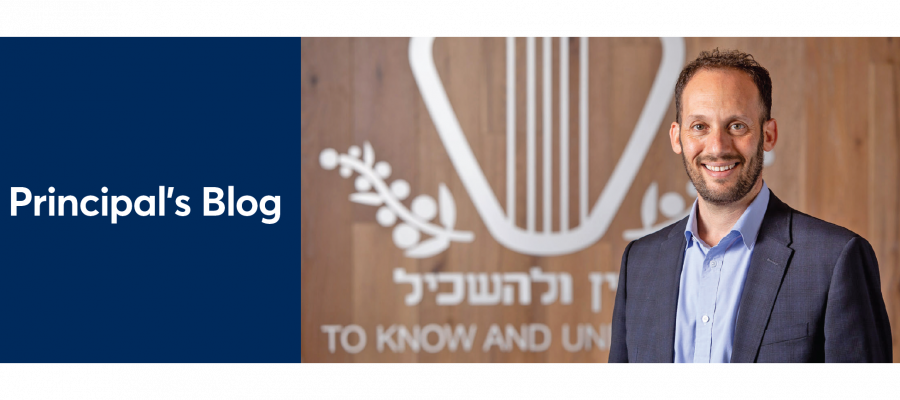
The changing nature of research
When I was a student growing up in the 1980s we were often set research projects as major class assessment tasks. For instance, I remember projects on coffee, glow worms and on the Olympic Games.
One that stands out is a project that I completed on the country of Costa Rica. We were given significant class time to work on it. These were the days before computers were on hand and so the research was manual and painstaking.
In order to complete the project I would need to find material that helped answer questions on Costa Rica’s gross national product, main religious and language groupings, export industries and prime tourist locations and natural wonders.
To do this we would have time in the library where we would consult the right volume of World Book Encyclopedia or Encyclopedia Britannica. We would then transpose the relevant information into an exercise book. Then when the research phase was complete we would do drawings, cut out images from magazines and pamphlets, type (I recall using my mother’s fancy digital typewriter which could store a few paragraphs of text) or write neatly the relevant information on small pieces of paper. We would then compile all of this onto a large piece of coloured card paper.
I believe that our teachers valued these tasks as a way to enhance our literacy, presentation skills and research into global phenomena.
A fundamental economic principle is that the value of a resource is proportionate to its scarcity. In the 1980s the access to the information required to answer these questions was limited to physical resources that were available in libraries.
In 1998, the company Google was formed and this changed the value of information. Over the following 10 years, the search engine took off and in 2007, the first iPhone was released and this marked a landmark change in the availability of information. All of a sudden every person had more information on their person than was published in all the world’s libraries combined.
This diminished the value of the information and suddenly the relevance of answering the above questions was reduced. The reality was that rather than taking dedicated research over weeks of lessons, students could complete this in mere minutes. As a consequence a research task of this type went from being a valuable learning exercise to one that was pretty much worthless almost immediately.
In the age of Google, it was still relevant to explore the world’s phenomena, but the methodology and nature of the questions needed to change.
For instance, one could ask students to answer the question – “Would it be better to live in Australia or Costa Rica?” Students could be directed to use research into longevity, literacy rates, crime statistics and gender equality measures as a way to substantiate their answers.
We are now at another turning point. Now the types of intelligence that could only be accessed through skill and knowledge acquisition are being made ubiquitously available through generative artificial intelligence.
Arguably, the emergence of artificial intelligence in the form of Chat GPT, Claude, Bing or Bard, means that the value of human intelligence has diminished in the same way that the internet decreased the value of information.
It means that teachers need to again think deeply about the value of the tasks that they set and how to ensure that they are meeting the needs of their learners.
We recognise that like any learning tool, artificial intelligence has enormous power and potential to enhance understanding through its careful and judicious use.
It is also prone to misuse and if this is not managed carefully will be used to avoid the tasks that are designed to incrementally develop our students’ key skills and knowledge.
Over the coming years, the development of artificial intelligence is likely to alter some of the fundamentals of how we live our lives and how we approach education.
While this is equal parts daunting and exciting, I am certain that through honest and thoughtful application we can ensure that we continue to provide for our students to develop holistically into the best versions of themselves.
Shabbat Shalom
Marc Light
